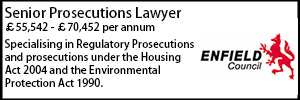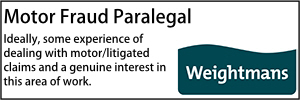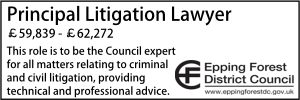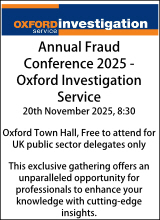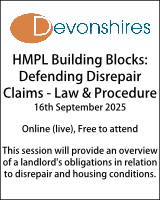Government departments issue guidance on information sharing between police and taxi licensing authorities
- Details
The Department for Transport and the Home Office have issued guidance on when and how police forces and taxi and PHV licensing authorities can share information with each other in the interest of public safety.
The guidance, published this week (13 October), aims to support “effective information sharing” between these organisations.
Apart from in London, local councils are responsible for taxi and PHV (private hire vehicle) licensing. They are known as ‘licensing authorities’ and there are 263 in England.
The guidance covers:
- How sharing information makes a difference
- Collaboration between police forces and licensing authorities
- Overview of the taxi and PHV licensing framework
- Safeguarding measures used by licensing authorities
- Routes for law enforcement to share relevant information
- Mechanics of information sharing
The guidance notes that the police have common law police disclosure (CLPD) powers to share information with licensing authorities to mitigate a safeguarding risk if there is an urgent “pressing social need”.
The police also have other methods of sharing safeguarding information with licensing authorities, such as through multi-agency safeguarding hubs.
Licensing authorities can, in limited circumstances, request information from the police to support their licensing decisions, the guidance adds.
In the section on how sharing information makes a difference, the guidance states: “Collaborative working partnerships between local licensing authorities, the police, DBS and local trade are vital to ensuring effective taxi and PHV regulation, because these organisations will hold information that can critically impact the judgement of whether an individual is ‘fit and proper’.
“However, it is worth noting that the principles that licensing and law enforcement must consider in carrying out their duties are different.”
It continues: “Licensing authorities make decisions on the balance of probability, so even if a concern is not proven or provable ‘beyond reasonable doubt’, the licensing authority can still act on it as part of their ‘fit and proper person’ test.”
“As set out in more detail in [the section on] common law police disclosure, the police require certain tests to be met to share information with third parties, including licensing authorities.”
Lottie Winson
Trust Solicitor (Employment & Contract Law)
Trust Solicitor (Public & Healthcare Law)
Locums
Poll





